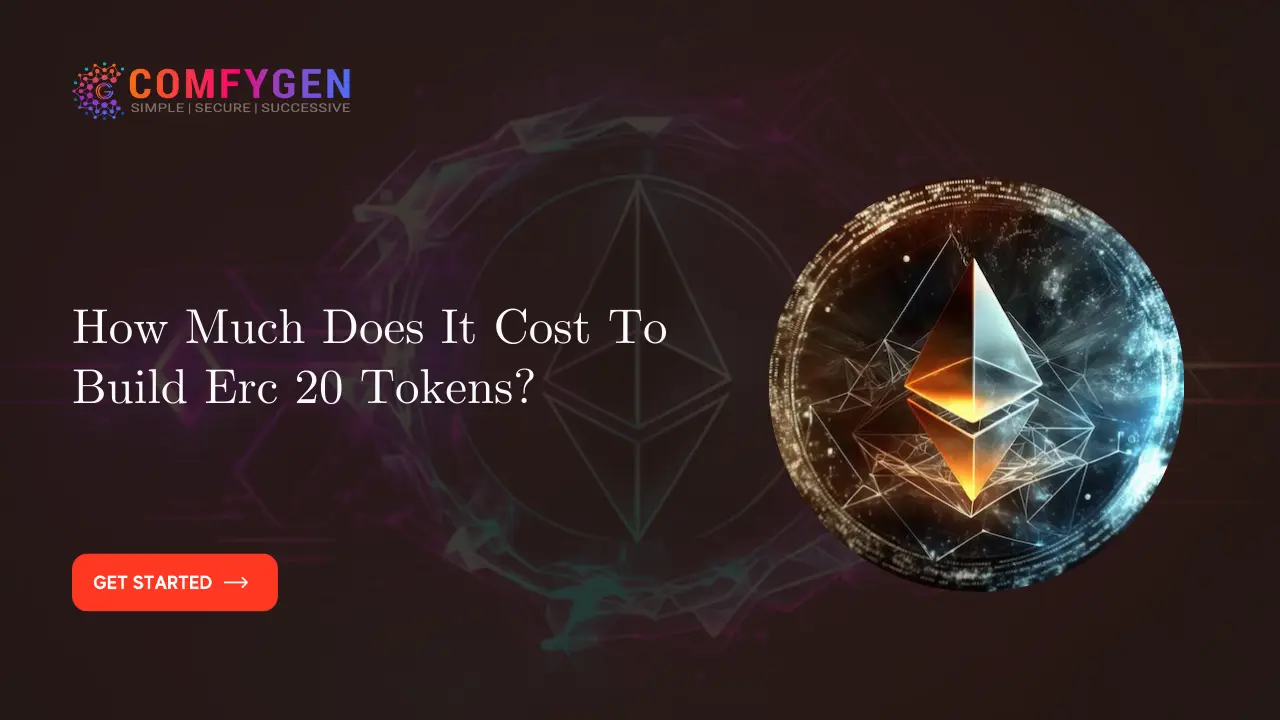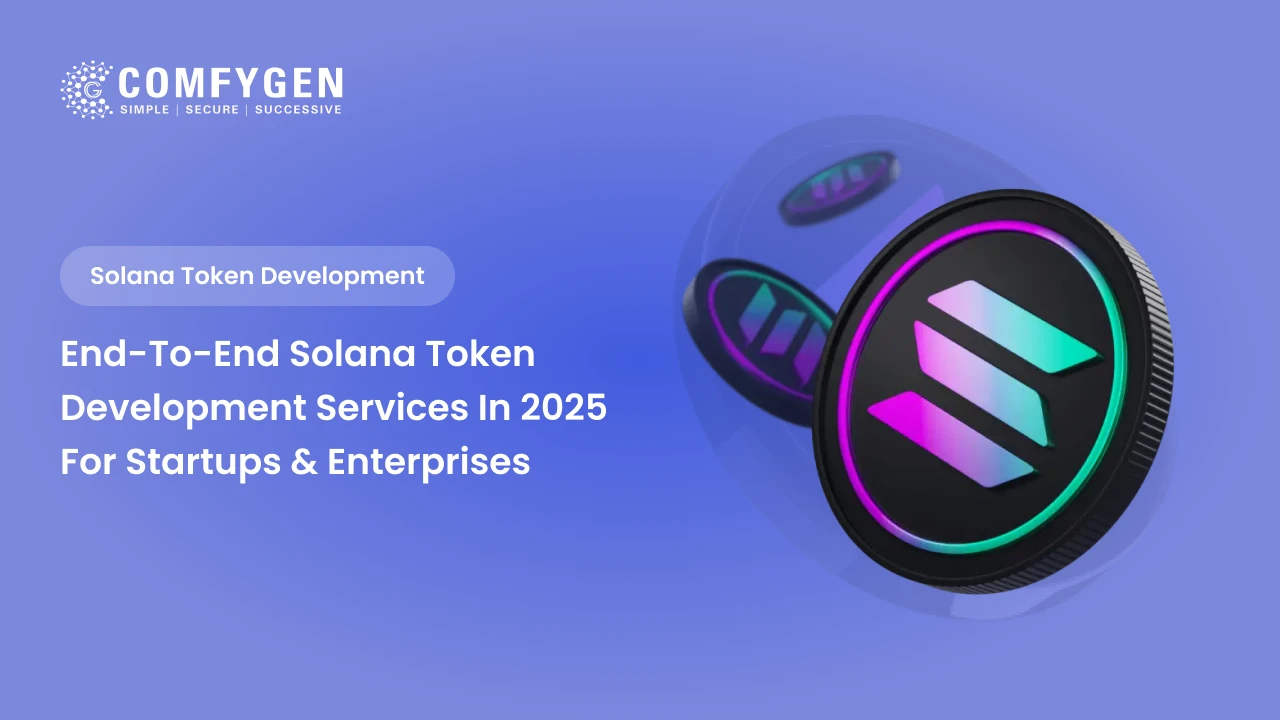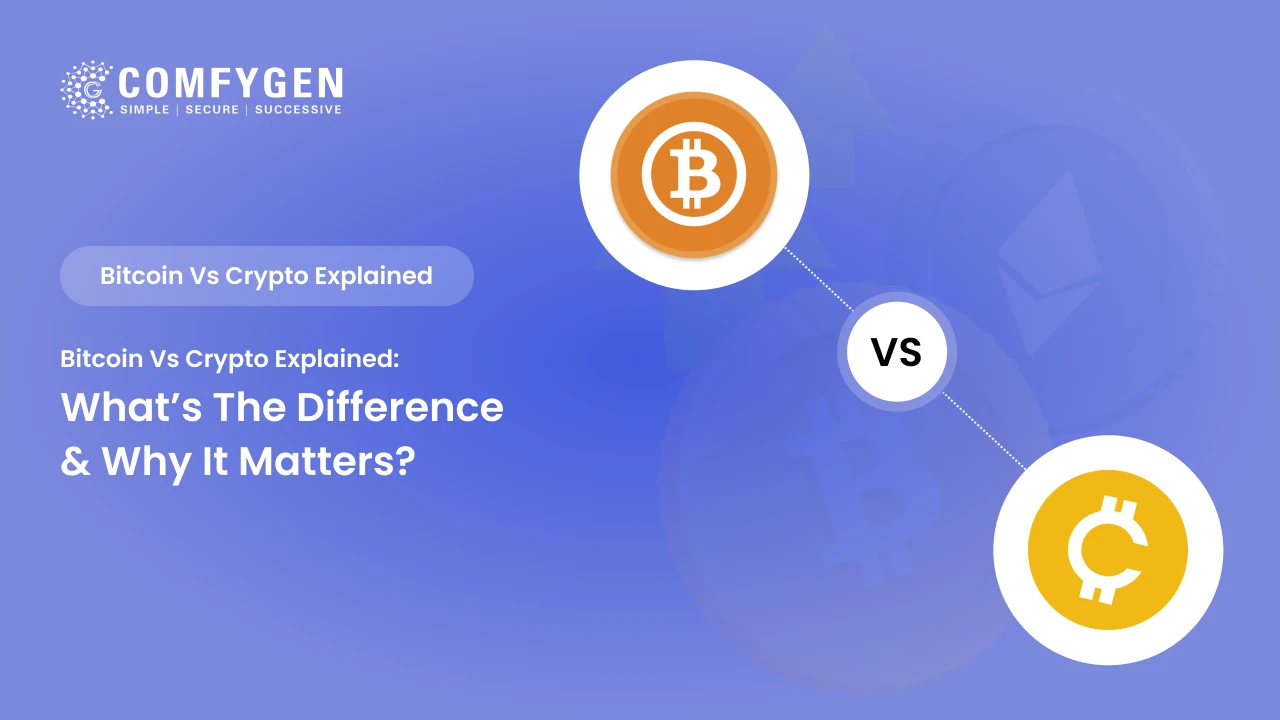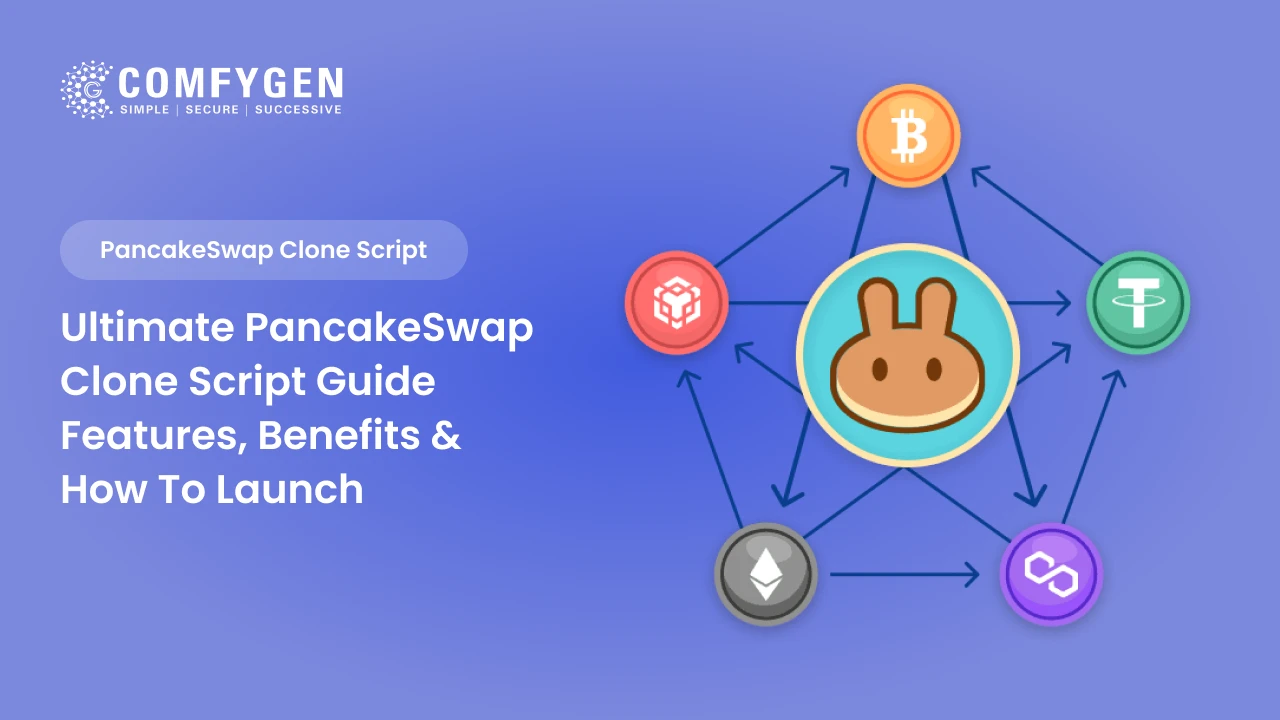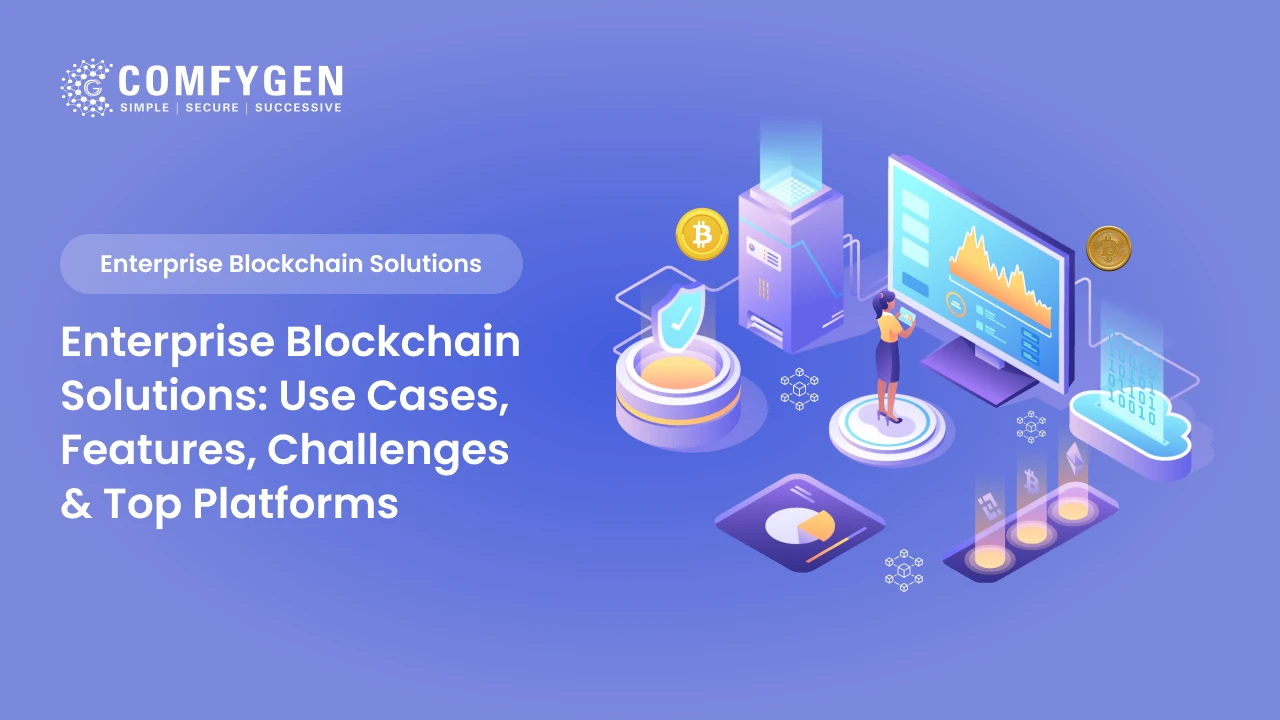How Much Does It Cost To Build Erc 20 Tokens?
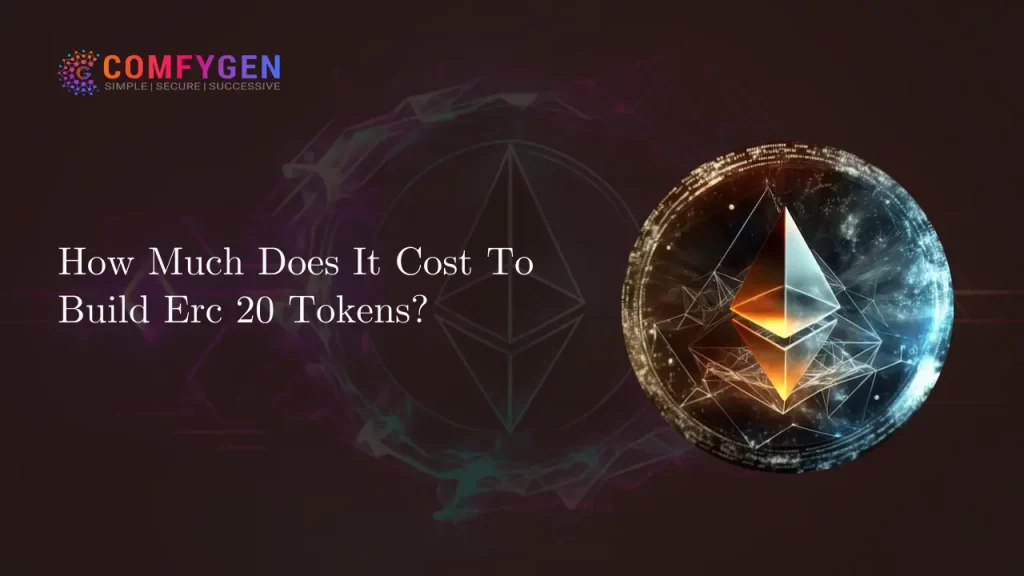
As a result of its exceptional, intelligent contract functionality, Ethereum is currently the most widely used blockchain network in today’s world. A token is a script running on the Ethereum blockchain based on Ethereum’s request for comments protocol (ERC). A token based on this ecosystem is highly profitable for business proposals due to its flexibility and adaptability. You will encounter the term ERC20 token often when researching crypto because it has seen a great deal of success in recent years. The Ethereum network uses the ERC20 protocol, which contains rules and standards for publishing tokens to the network. The purpose of this article is to find out how much ERC20 Token costs.
What is ERC20 Token?
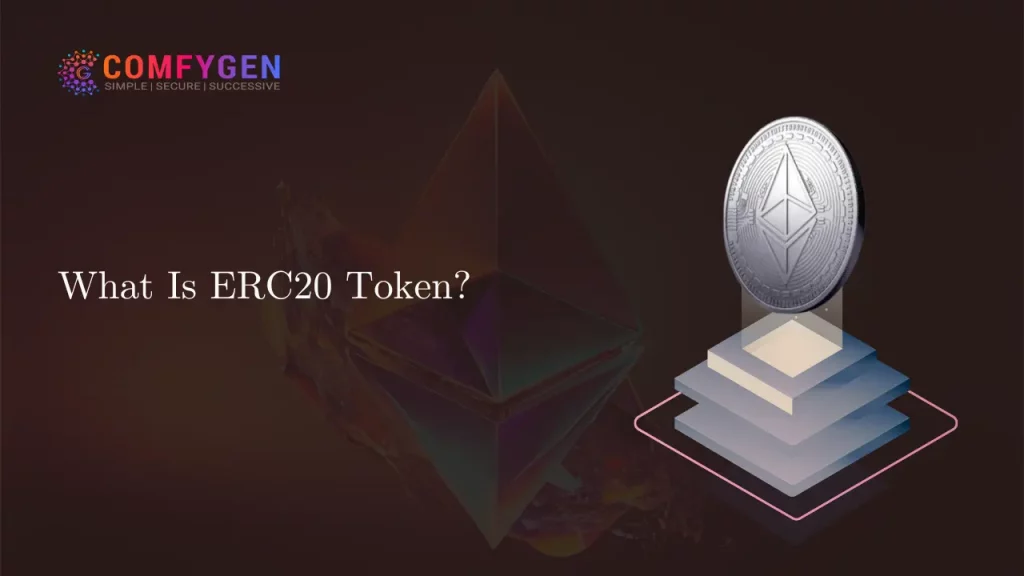
Ethereum Request for Comments is known as ERC. On the Ethereum Platform, ERC20 tokens can be used as digital tokens. Using the Ethereum blockchain, DApps can be built on a decentralized network like Ethereum that can support decentralized applications. Payments can be made with ERC20 tokens from one account to another. A token can be created using various ERC standards on the Ethereum blockchain. An Ethereum function is written in the solidity language. A digital storage space called Meta Mask stores Ethereum and ETH tokens.
Types of ERC20 Tokens
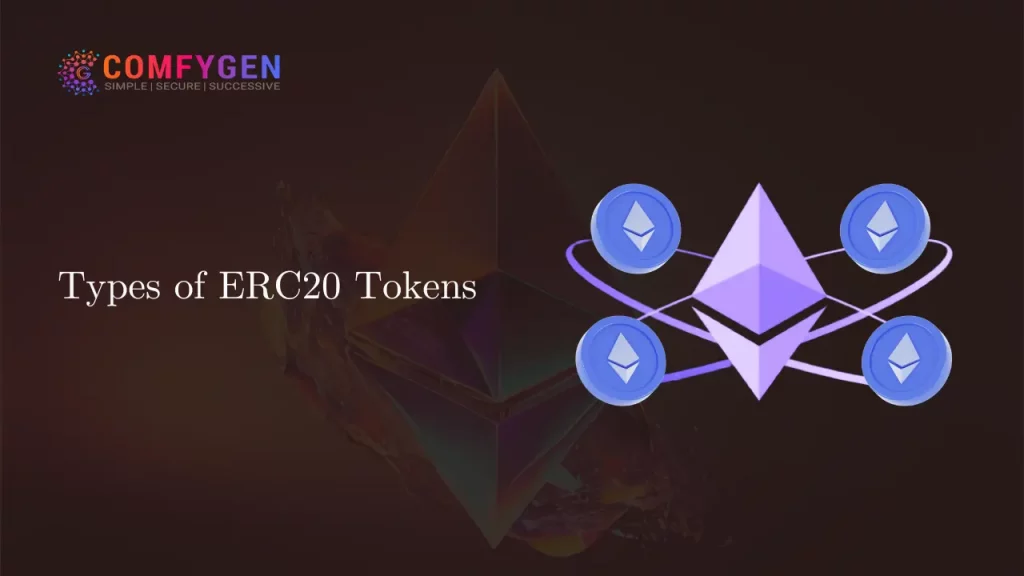
-
Utility Tokens
Utility tokens are digital assets that provide access to a product or service within a particular ecosystem. They are often used to pay for goods or services offered by a company or platform. Examples include tokens used for accessing decentralized applications (DApps), digital marketplaces, or content platforms.
-
Security Tokens
Security tokens represent ownership of an underlying asset, such as equity, debt, or real estate, and are subject to securities regulations. These tokens typically offer investors financial rights, such as dividends, profit sharing, or voting rights. Security tokens provide a way to tokenize traditional assets and make them tradeable on choosing a blockchain platform for your business.
-
Equity Tokens
Equity tokens represent ownership in a company, similar to traditional stocks. Holders of equity tokens are entitled to a share of the company’s profits and may also have voting rights in corporate decisions. These tokens offer a way for companies to raise capital and provide investors with ownership stakes in the company.
-
Non-Fungible Tokens
Non-Fungible Tokens are unique digital assets that cannot be replicated or exchanged on a one-to-one basis like cryptocurrencies. Each NFT token development has distinct properties and ownership, making them ideal for representing digital art, collectibles, virtual real estate, and other unique assets on blockchain platforms.
-
Reward Tokens
Reward tokens are issued to users as incentives for participating in specific activities or contributing to a platform’s ecosystem. These tokens can be earned through actions such as staking, providing liquidity, or engaging in community activities. Reward tokens often play a crucial role in incentivizing user engagement and fostering network growth.
-
Currency Tokens
Currency tokens are designed to serve as digital currencies or mediums of exchange within a blockchain ecosystem. They are used for making payments, transferring value, and conducting transactions on decentralized platforms. Examples include stablecoins, which are pegged to fiat currencies to maintain stability in value.
Create Your Own ERC20 Token Here!
Here are the steps you need to follow to create your ERC20 token:
- Choose a Name for Your Token
Select a unique and descriptive name for your ERC20 token that reflects its purpose or use case. - Define a Symbol for Your Token
Choose a symbol or ticker abbreviation that will represent your token in trading pairs and exchanges. This symbol should be distinct and recognizable. - Determine the Decimal Places for Your Token
Decide the number of decimal places for your token. This determines the divisibility of your token and affects how it can be traded and transacted. - Specify the Total Supply of Token
Determine the total number of tokens that will be created and made available for circulation. This should be carefully considered to maintain scarcity and value. - Write the Contract Code
The smart contract development code for your ERC20 token using a programming language like Solidity. The contract code defines the token’s properties, functionalities, and rules for interaction. - Verify the Source Code
Ensure that your smart contract code is secure and error-free by conducting thorough testing and auditing. It’s crucial to verify the integrity and reliability of the source code to prevent vulnerabilities and potential exploits. - Deploy the Smart Contract
Deploy your ERC20 token smart contract to the Ethereum blockchain development using a compatible development environment or platform. This process involves paying gas fees to execute the deployment transaction on the Ethereum network.Read More: How much does it cost to hire Ethereum Developers from India?
- Test and Verify Token Functionality
Test your ERC20 token to ensure that it functions as intended, including token transfers, balances, and other functionalities. Verify that the token contract operates correctly and adheres to the ERC20 standard. - Publish and Promote Your Token
Once your ERC20 token is deployed and functional, publicize its availability and promote its adoption among potential users, investors, and exchanges. Provide clear documentation and information about your token’s features and use cases.
Most Popular ERC20 Tokens List
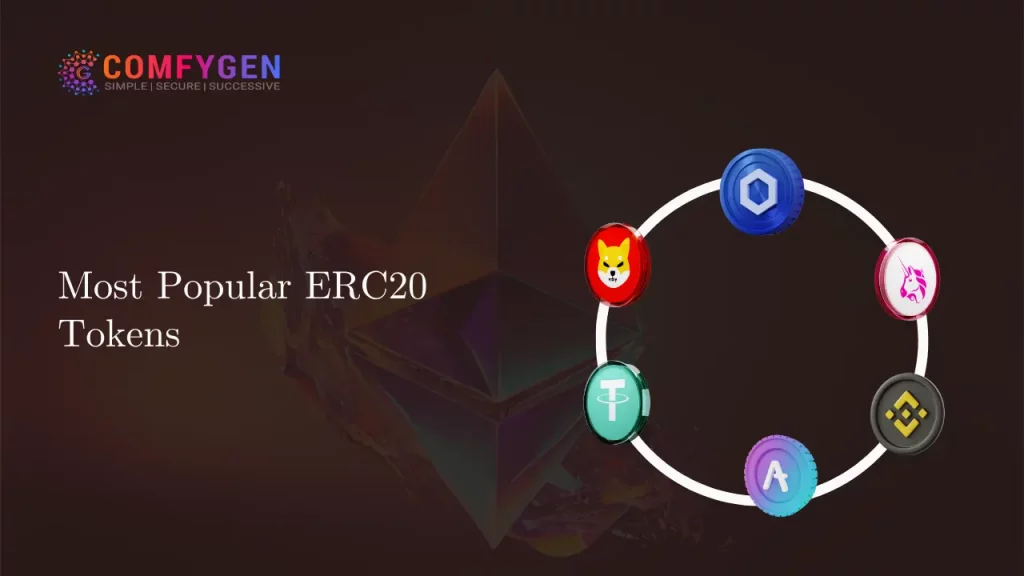
- Chainlink
ChainLink is a decentralized Oracle network that enables smart contracts to communicate seamlessly with external data sources. It attempts to bridge the gap between blockchain technology and real-world data, making it easier to decentralized applications (DApps) development with reliable data feeds.
- Shiba Inu
Shiba Inu is a meme-based cryptocurrency inspired by the Shiba Inu dog breed. Founded as an experiment in decentralized community building, it has gained popularity as a token with a strong community following and speculative interest in the cryptocurrency market.
- Uniswap
Uniswap is a decentralized exchange (DEX) development protocol built on the Ethereum blockchain, allowing users to exchange ERC20 tokens without the need for a traditional intermediary It uses an automated market-making model and a liquidity pool to facilitate token swapping and it provides liquidity.
- Aave
Aave is a decentralized finance (DeFi) development that enables users to lend, borrow, and earn interest on digital assets through smart contracts. It offers a range of innovative features, including flash loans, collateralized borrowing, and variable interest rates, to create a flexible and efficient lending market.
- Tether
Tether (USDT) is a stablecoin pegged to the value of the US dollar, providing stability and liquidity in the cryptocurrency market. It is widely used for trading, remittances, and as a hedge against market volatility, offering users a reliable means of preserving value in digital form.
- Wrapped BTC
Wrapped Bitcoin (WBTC) is an ERC20 token pegged to the value of Bitcoin (BTC), allowing users to access the liquidity and functionality of the Ethereum ecosystem while retaining exposure to Bitcoin’s value. It facilitates interoperability between Bitcoin and Ethereum-based applications and decentralized finance (DeFi) protocols.
- 0x
0x is an open protocol for decentralized exchange (DEX) on the Ethereum blockchain, enabling the peer-to-peer exchange of ERC20 tokens without the need for intermediaries. It provides infrastructure and tools for building decentralized trading platforms, enabling efficient and permissionless token swaps.
- Binance Coin
Binance Coin (BNB) is the native cryptocurrency of the Binance exchange, one of the largest cryptocurrency exchanges globally. It serves various utility functions within the Binance ecosystem, including discounted trading fees, token sales, and ecosystem development, fostering liquidity and adoption on the exchange.Read More: Launch Your Own BEP20 Token on Binance Smart Chain with Our Expert Development Services
- MakerDAO
MakerDAO is a decentralized autonomous organization (DAO) that governs the Maker protocol, which issues the Dai stablecoin. It operates as a decentralized platform for collateralized lending and governance, enabling users to generate Dai stablecoins by locking up collateral assets in smart contracts.
- Polygon
Polygon (formerly Matic Network) is a Layer 2 scaling solution for Ethereum, offering faster and cheaper transactions for decentralized applications (DApps) and users. It provides a framework for building and connecting Ethereum-compatible blockchain networks, enhancing scalability and usability within the Ethereum ecosystem.
- Trust Wallet
Trust Wallet is a secure and user-friendly mobile wallet for storing, sending, and receiving cryptocurrencies and tokens. It supports a wide range of digital assets, provides access to decentralized finance (DeFi) platforms, and features a built-in decentralized exchange (DEX), offering a comprehensive solution for managing crypto assets on the go.
- EOS Project (EOS)
EOS is a blockchain platform designed for decentralized applications (DApps) and smart contracts. It aims to provide high scalability, flexibility, and usability for developers through its delegated proof-of-stake (DPoS) consensus mechanism, enabling faster transaction processing and improved user experience on blockchain app development.
- TRON (TRX)
TRON Token is a blockchain-based platform for building decentralized applications (DApps) and digital content distribution. Led by CEO Justin Sun, TRON token aims to decentralize the internet and empower content creators by providing a platform for direct content sharing and monetization without intermediaries.
- VeChain (VET)
VeChain is a blockchain platform focused on supply chain management and enterprise solutions. It utilizes blockchain technology to enhance transparency, traceability, and authenticity throughout the supply chain, enabling businesses to improve efficiency, reduce costs, and build trust with consumers through product verification and authentication.
- ICON (ICX)
ICON is a blockchain network that aims to facilitate interoperability between different blockchain networks and communities. It provides a decentralized platform for building and connecting independent blockchains, enabling seamless communication and collaboration between diverse decentralized applications (DApps) and ecosystems.
Also Read: Tron Token Development Cost and Features
Benefits of ERC20 Token Development
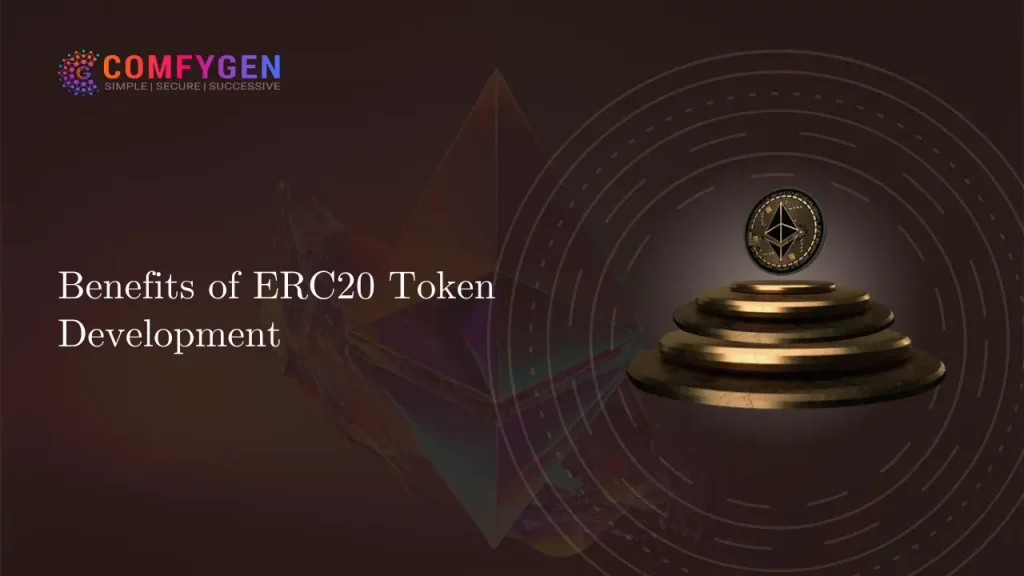
- Solidity Syntax and Contract-oriented Programming: ERC20 tokens leverage the solidity syntax and contract-oriented programming, ensuring robustness and reliability in crypto token development.
- Unique Name and Symbol: Each ERC20 token possesses a distinct name and symbol, facilitating easy identification and branding.
- Integration Flexibility: ERC20 standards enable seamless integration of tokens into any system utilizing Ethereum currency, enhancing interoperability and accessibility.
- Efficient Market Launch: Launching an ERC20 token on the market requires minimal time and cost, streamlining the process of token issuance and deployment.
- Risk-free Transactions: Smart contracts employed in ERC20 token transactions ensure security and mitigate risks, fostering trust and confidence among users.
- Enhanced Efficiency: ERC20 functions enable clients to interact with tokens and blockchains more efficiently and swiftly, optimizing workflow and improving productivity.
What are The Facts on Which The Cost of ERC20 Token Varies?
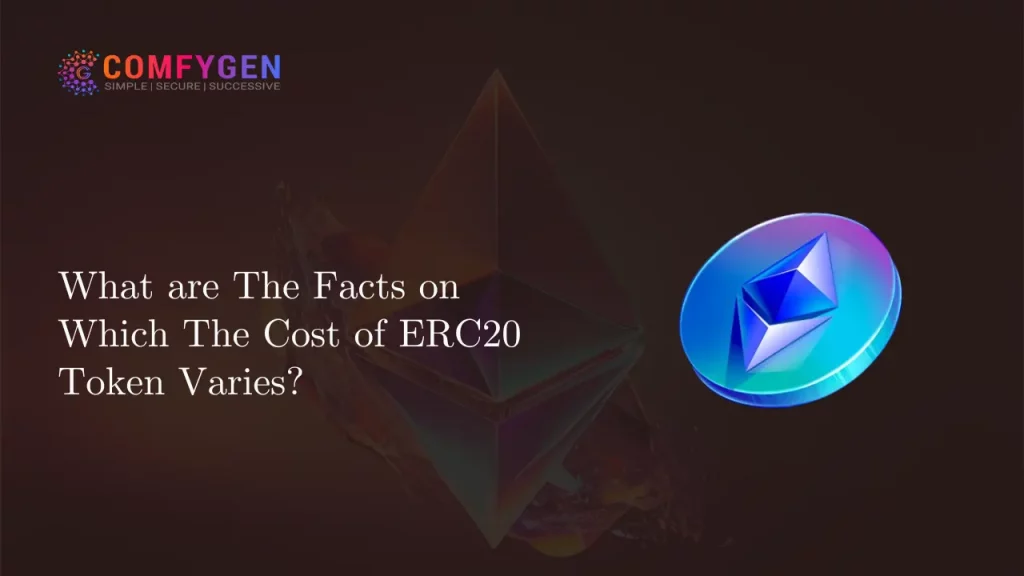
It is essential to know the cost of anything before purchasing or creating it. Several factors determine the cost of developing an ERC20 token. Let’s discuss those factors in more detail now.
- Token Characteristics
Incorporating specific features into the token significantly impacts development costs. Custom functionalities or unique attributes may necessitate additional token development effort and resources, influencing the overall cost. - Token Complexity
The complexity of the token’s underlying logic and functionalities plays a crucial role in determining development expenses. Tokens with intricate mechanisms or advanced capabilities typically require more extensive development work, resulting in higher costs. - Token Quantity
The number of tokens being created directly affects development costs. Developing a larger quantity of tokens involves additional design, coding, and testing efforts, leading to increased expenses. - Token Design
The complexity and sophistication of the token’s design, including graphical elements, branding considerations, and user interface aspects, can impact development costs. Customized designs or visually intricate tokens may require more resources and expertise, contributing to higher expenses. - Size of Development Team
The size and expertise of the development team engaged in creating the ERC20 token development also influence costs. Larger teams with specialized skills may command higher rates for their services, while smaller teams or individual developers might offer more competitive pricing.
While it’s challenging to provide an exact cost estimate for ERC20 token development due to the variability of these factors, projects typically begin around $4,000. However, the actual cost may vary significantly based on project-specific requirements, complexity levels, and the scope of work involved.
Read Also: Cryptocurrency Token Development | A Simple Guide To Launch A Crypto Token
How Much Does It Cost To Create ERC20 Token?
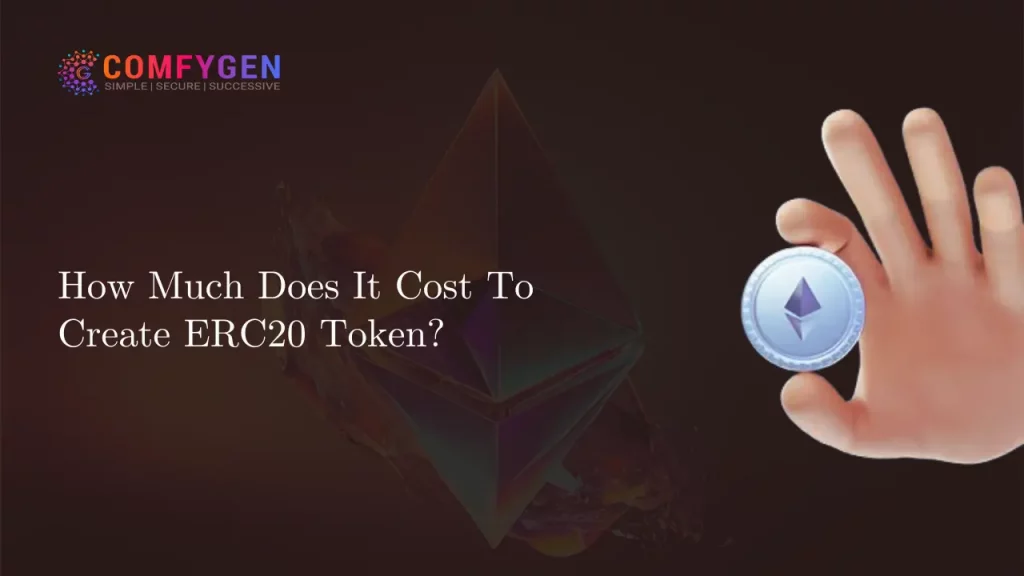
The cost of creating an ERC20 token can vary depending on many factors such as token complexity, preferred features, token structure, development team size, and developers’ geographic Generally, the cost of developing ERC20 the basic tokens start around $4,000 to $10,000. However, more complex tokens with more advanced functions or customized programs can have higher fees, ranging from $10,000 to $50,000 or more. It’s important to discuss your specific needs with experienced developers to get an accurate cost estimate tailored to your project.
Want to Develop ERC20 Token?
How Do You Create Your Own ERC20 Token?
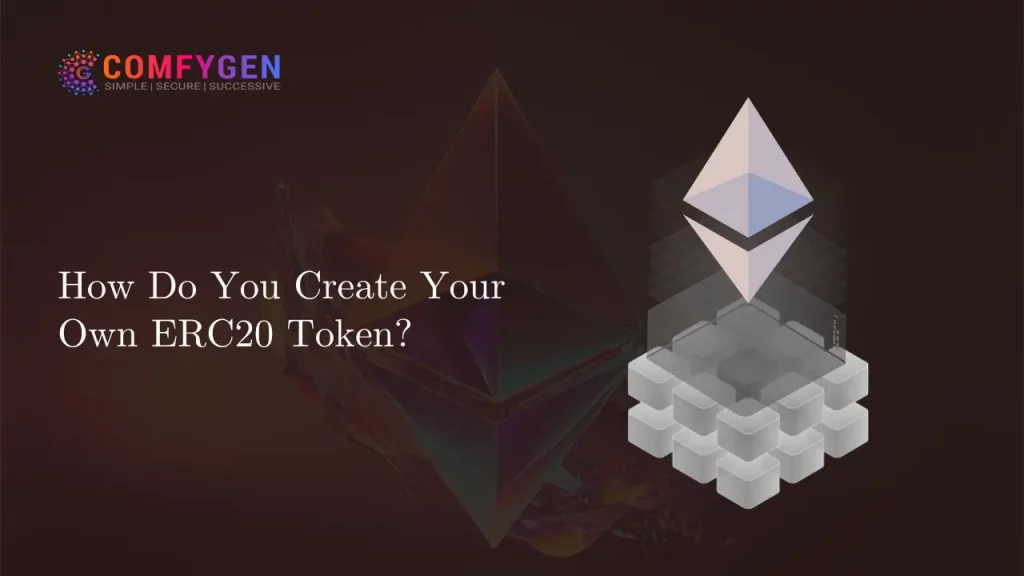
Comfygen is a leading Ethereum Token Development company in India that offers the best ERC20 token development services along with several years of experience developing cryptocurrency tokens. In addition to developing ERC20 tokens based on the client’s requirements, our crypto token developers are highly skilled coders and marketers.
Depending on the number of services you hire and the number of features you require in your token, the service fee for the ERC20 pass will vary.
We provide a wide range of ERC20 token development services, including:
- Creation of tokens
- Transfer of tokens
- Crypto Wallet development for tokens on the web
- A cold storage facility
- Etherscan verification
Read More: Complete Guide: Difference Between Crypto Coins and Crypto Tokens
What Makes Comfygen The Best Choice For Developing ERC20 Tokens?
Comfygen stands out as the premier choice for ERC20 token development due to its unique approach to crypto token development, encompassing innovative features that set businesses apart. With expertise in crafting tokens in distinctive ways and developing smart contracts, Comfygen ensures unparalleled technical excellence. Its dominance in the crypto industry is evident through its track record of successful projects and deep industry knowledge. Comfygen prioritizes timely responses to client needs, fostering seamless communication and project progression. Moreover, its commitment to frequent updates ensures that clients benefit from the latest advancements, making Comfygen the go-to solution for ERC20 token development services.
Final Thoughts!
This blog, curated by the Ethereum Token Development Company team, provides invaluable insights into creating ERC20 tokens affordably. By understanding the intricacies of ERC20 token development, businesses can navigate the process more effectively and achieve their goals efficiently. Armed with knowledge about development costs and other critical factors, businesses can now embark on creating the ideal application tailored to their needs. With the guidance offered in this blog, businesses can confidently venture into the world of ERC20 tokens, empowered to succeed in their endeavors.
Quick Contact Us :
Call/WhatsApp: +91 958-786-7258
Email: [email protected]

Mr. Saddam Husen, (CTO)
Mr. Saddam Husen, CTO at Comfygen, is a renowned Blockchain expert and IT consultant with extensive experience in blockchain development, crypto wallets, DeFi, ICOs, and smart contracts. Passionate about digital transformation, he helps businesses harness blockchain technology’s potential, driving innovation and enhancing IT infrastructure for global success.
Based on Interest
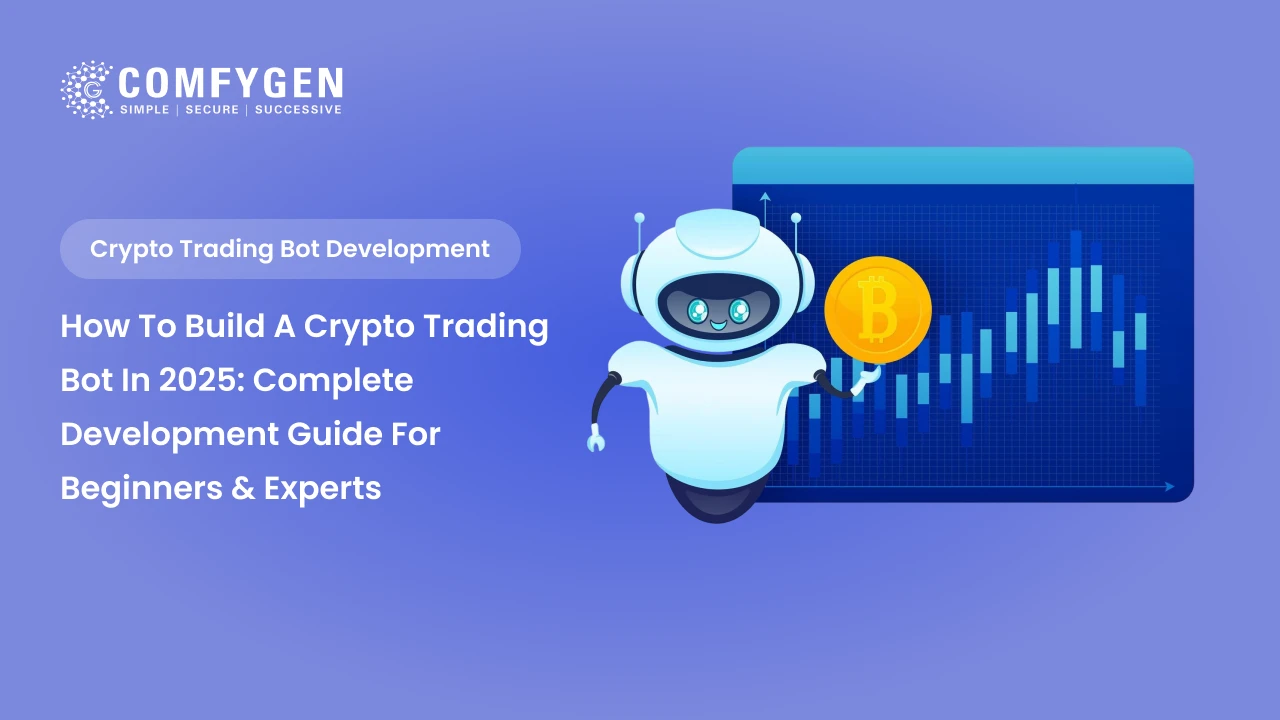
How to Build a Crypto Trading Bot in 2025: Complete Development Guide for Beginners & Experts
Introduction The world of cryptocurrency never sleeps. With 24/7 markets and volatile price movements, the need for automated trading solutions has never…
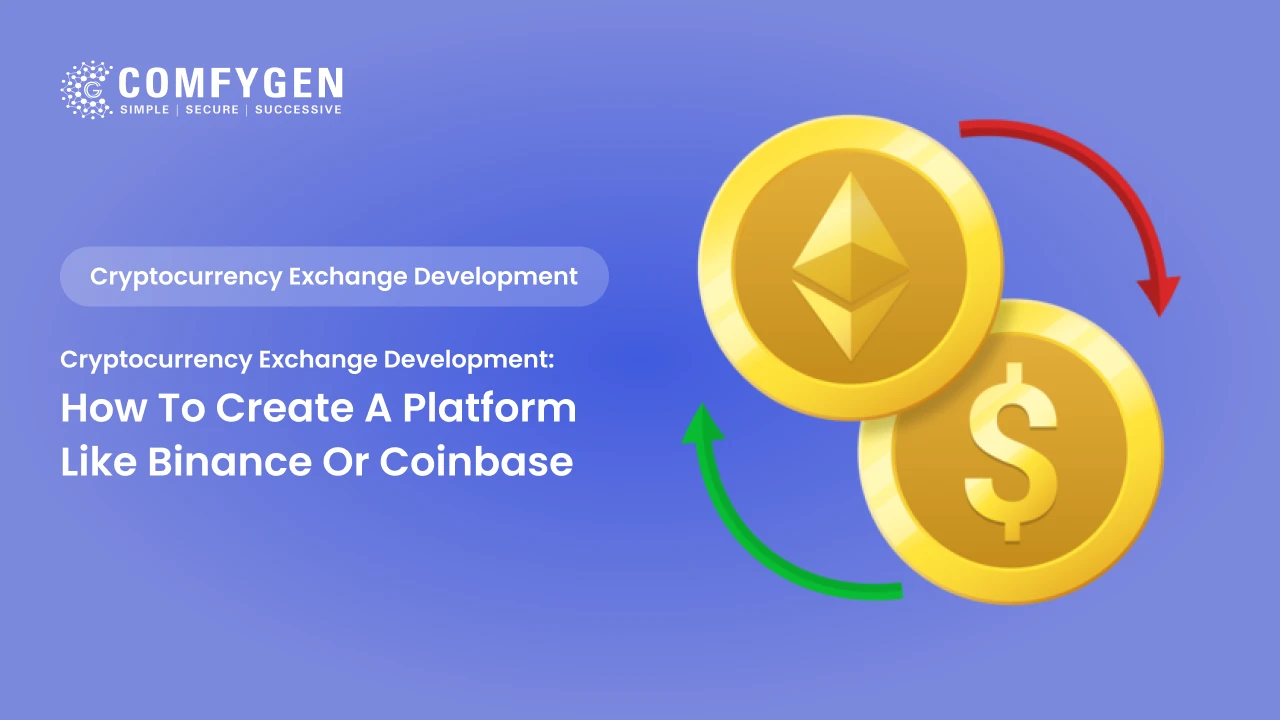
Cryptocurrency Exchange Development: How to Create a Platform Like Binance or Coinbase
The rise of cryptocurrency has revolutionized the financial world, creating new avenues for investment, trading, and technology-driven finance. Among the major…
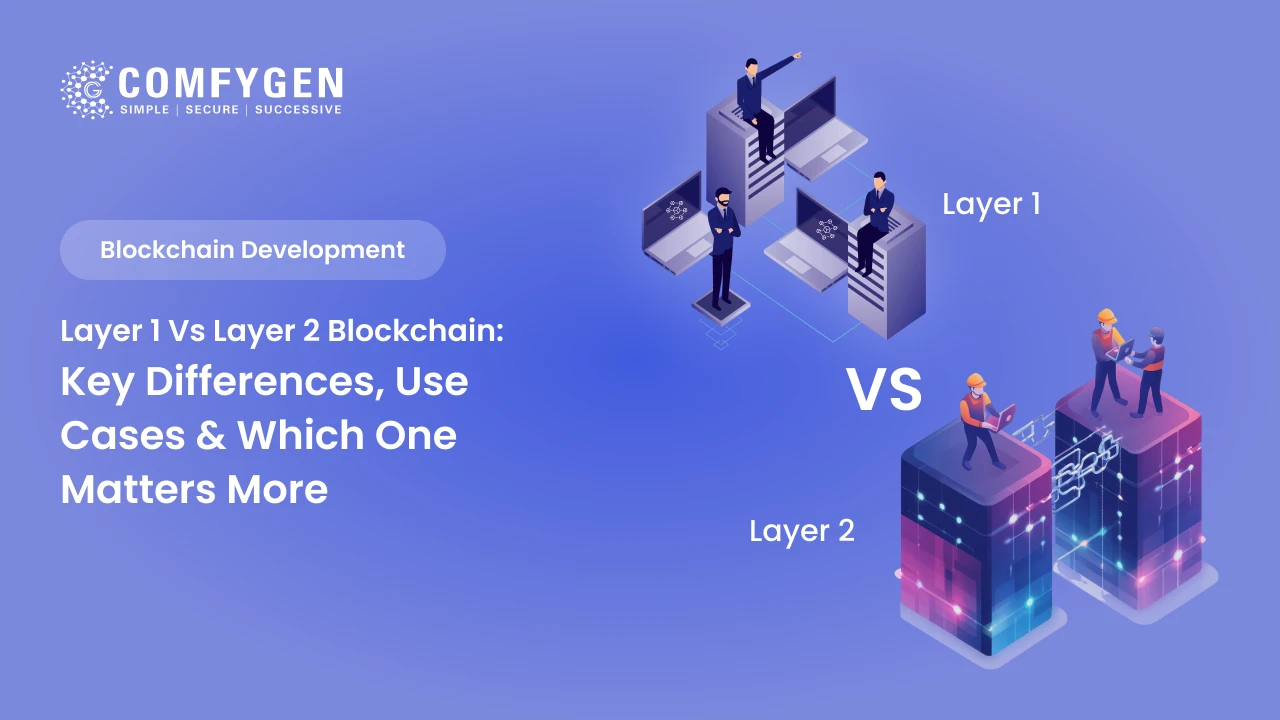
Layer 1 vs Layer 2 Blockchain: Key Differences, Use Cases & Which One Matters More in 2025
Introduction Blockchain technology, once the exclusive domain of cryptocurrencies, has now evolved into a robust tool for various industries, including finance, healthcare,…

